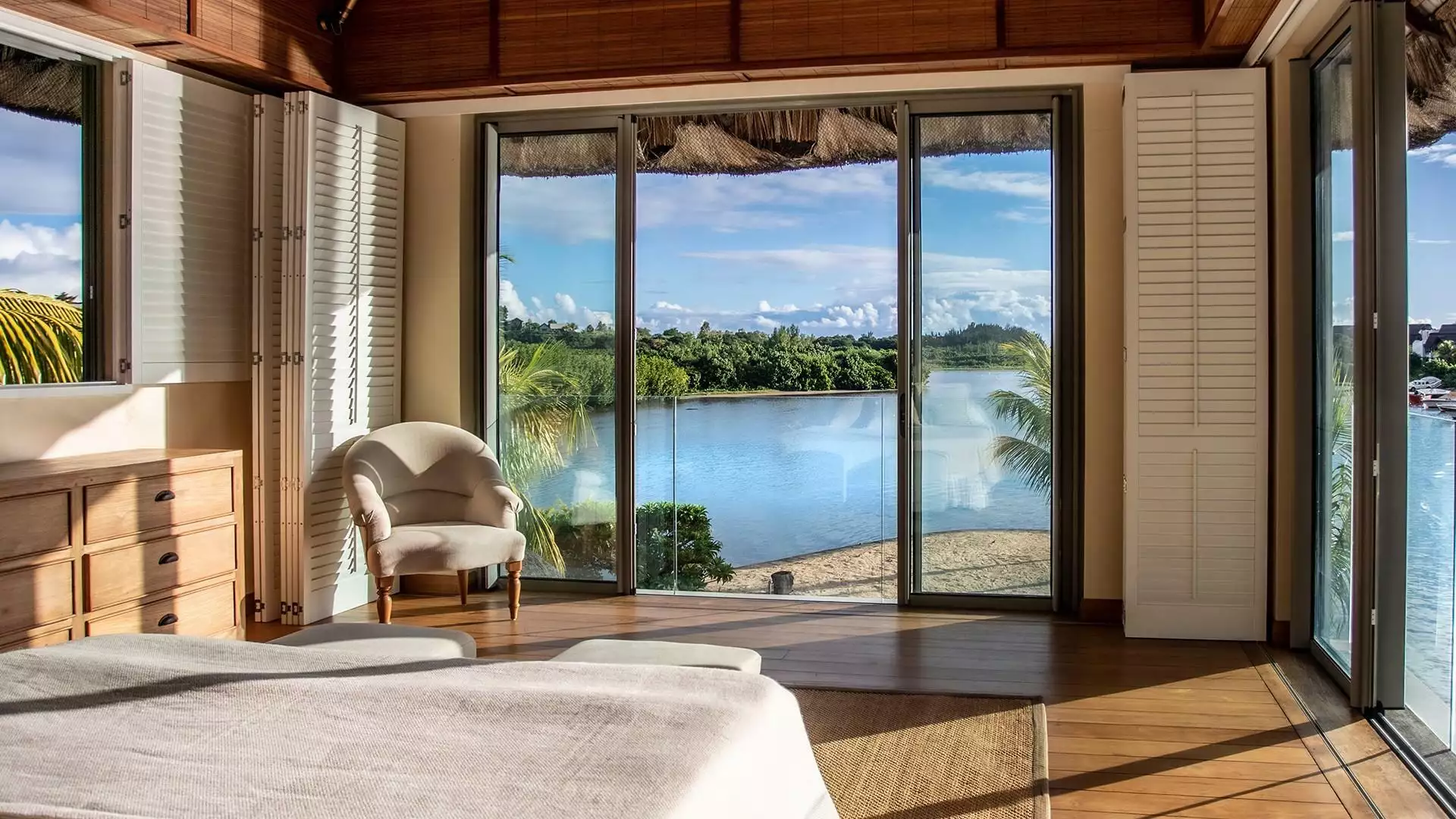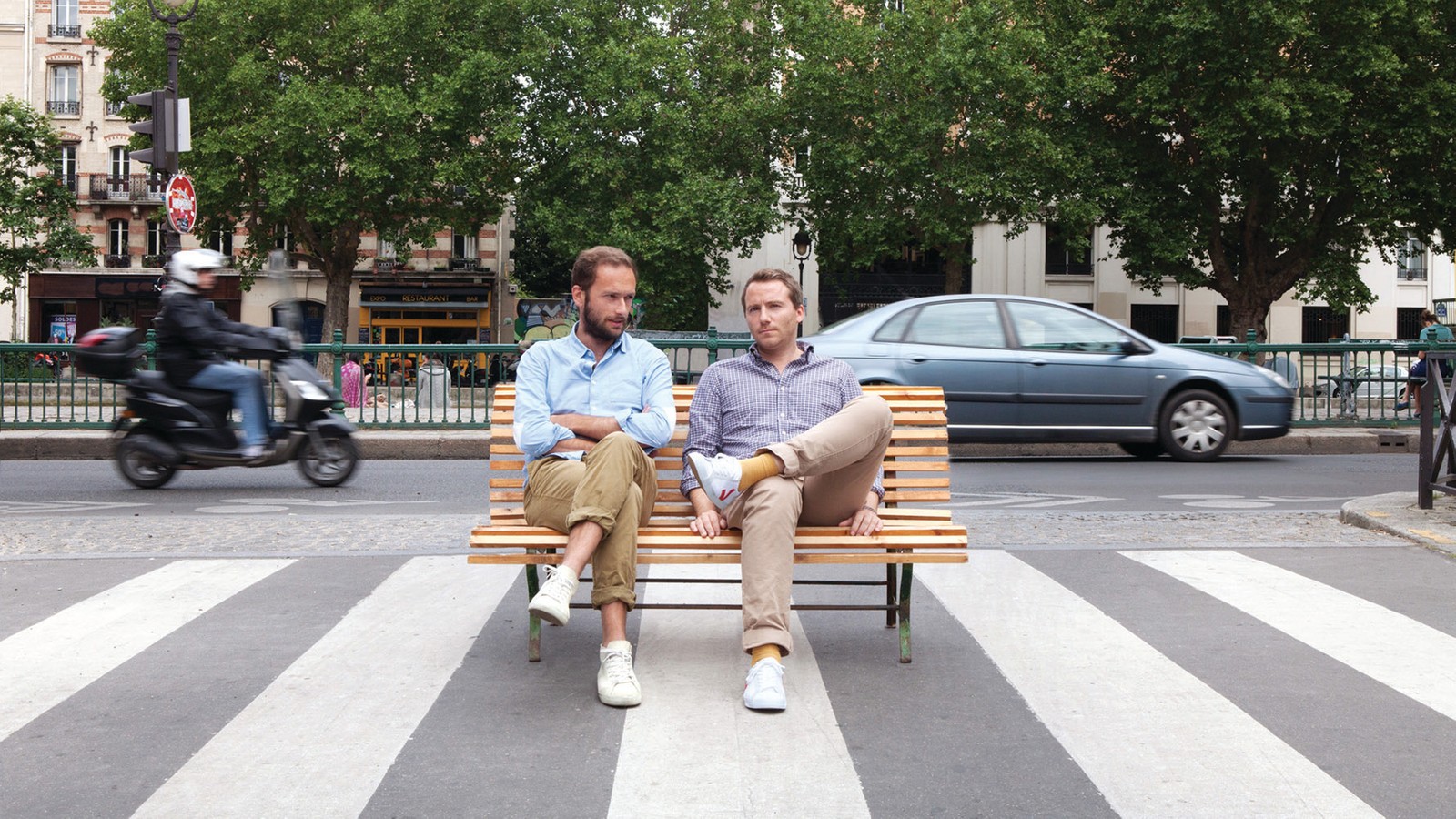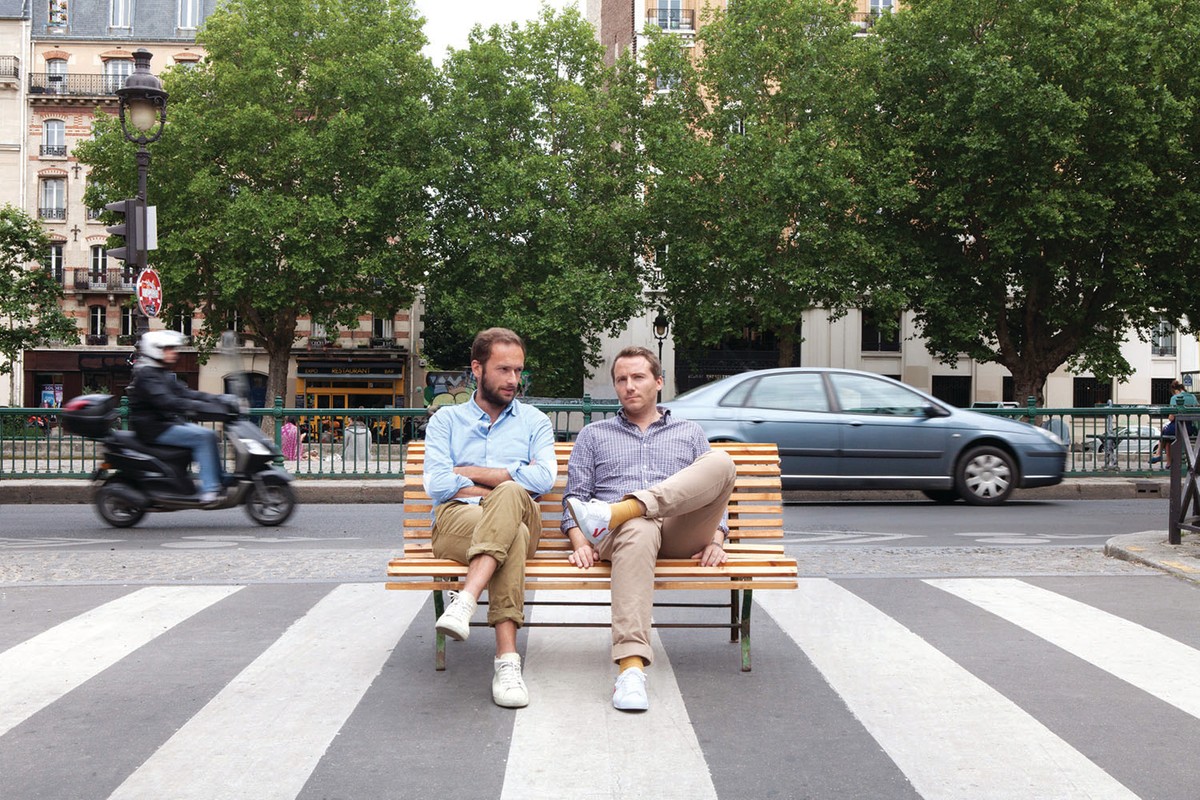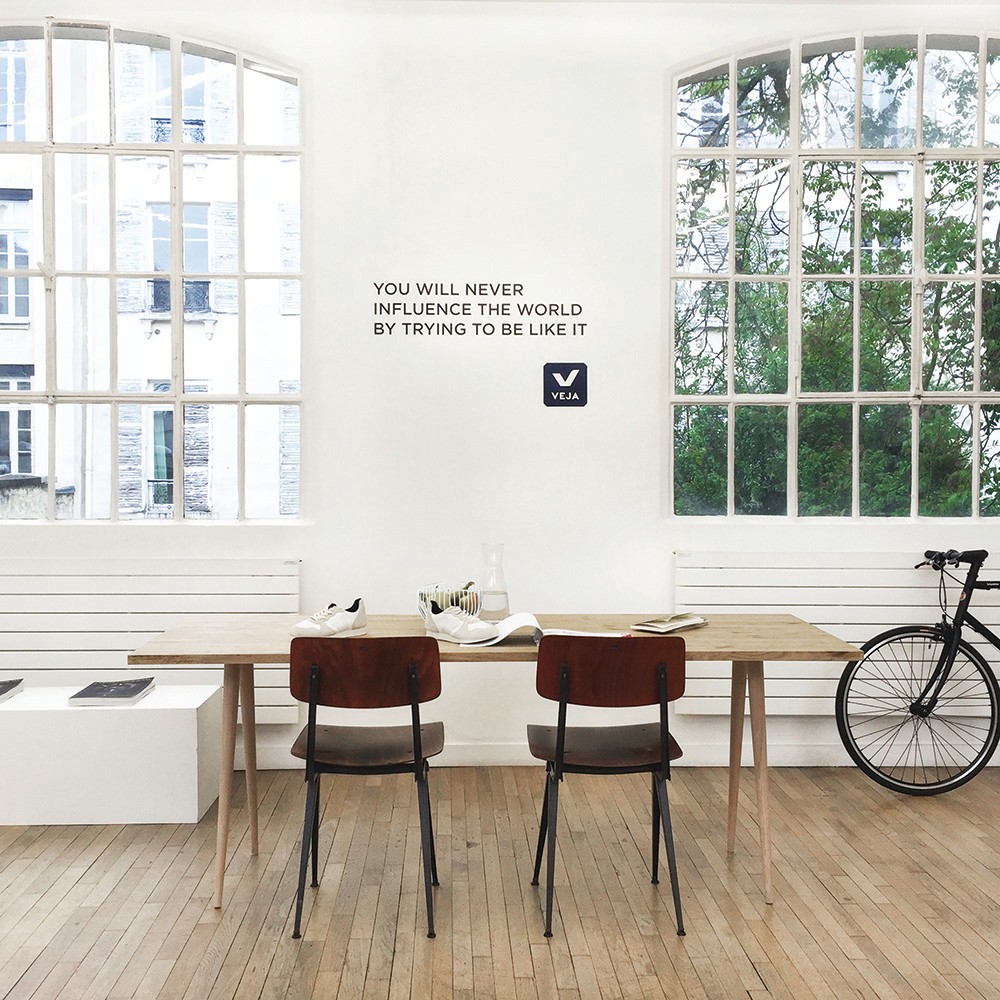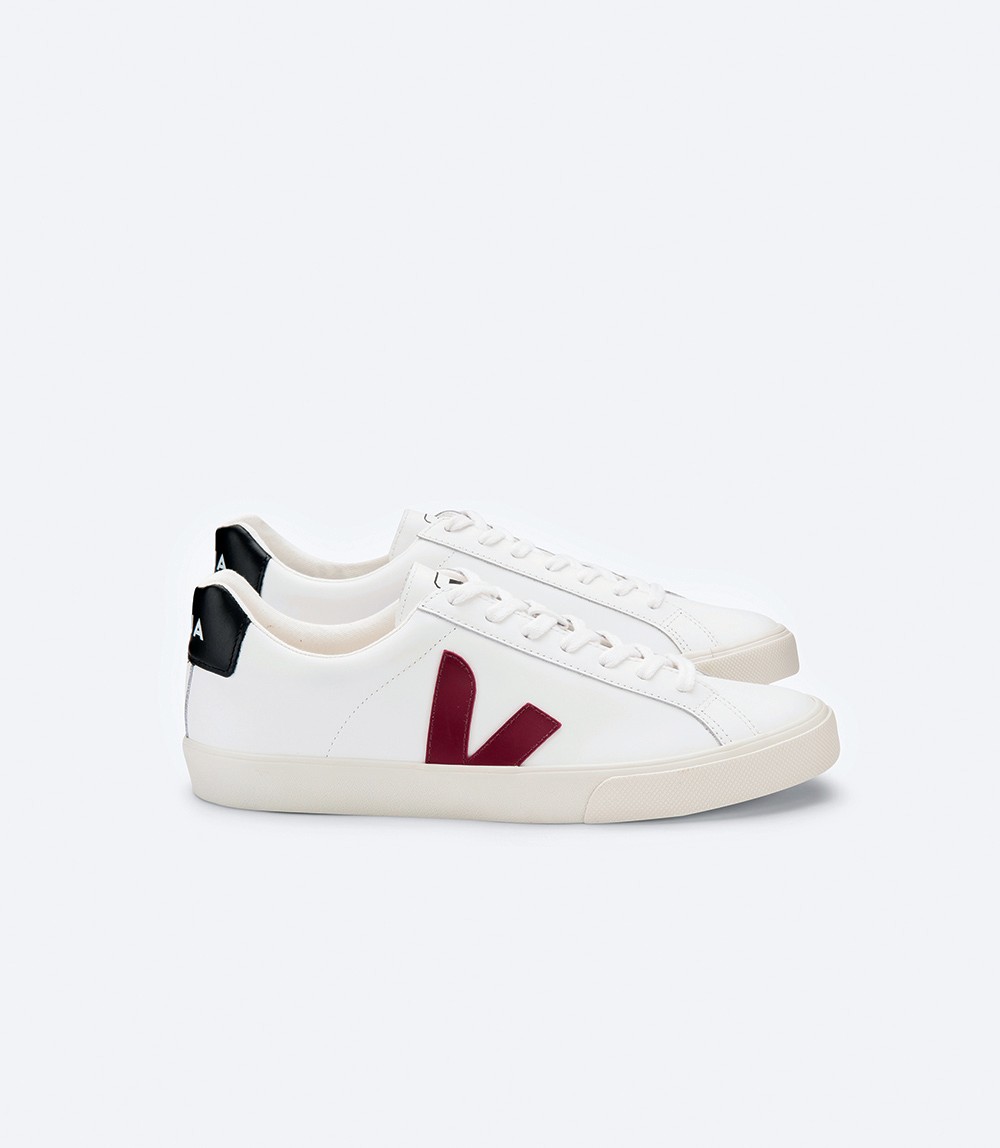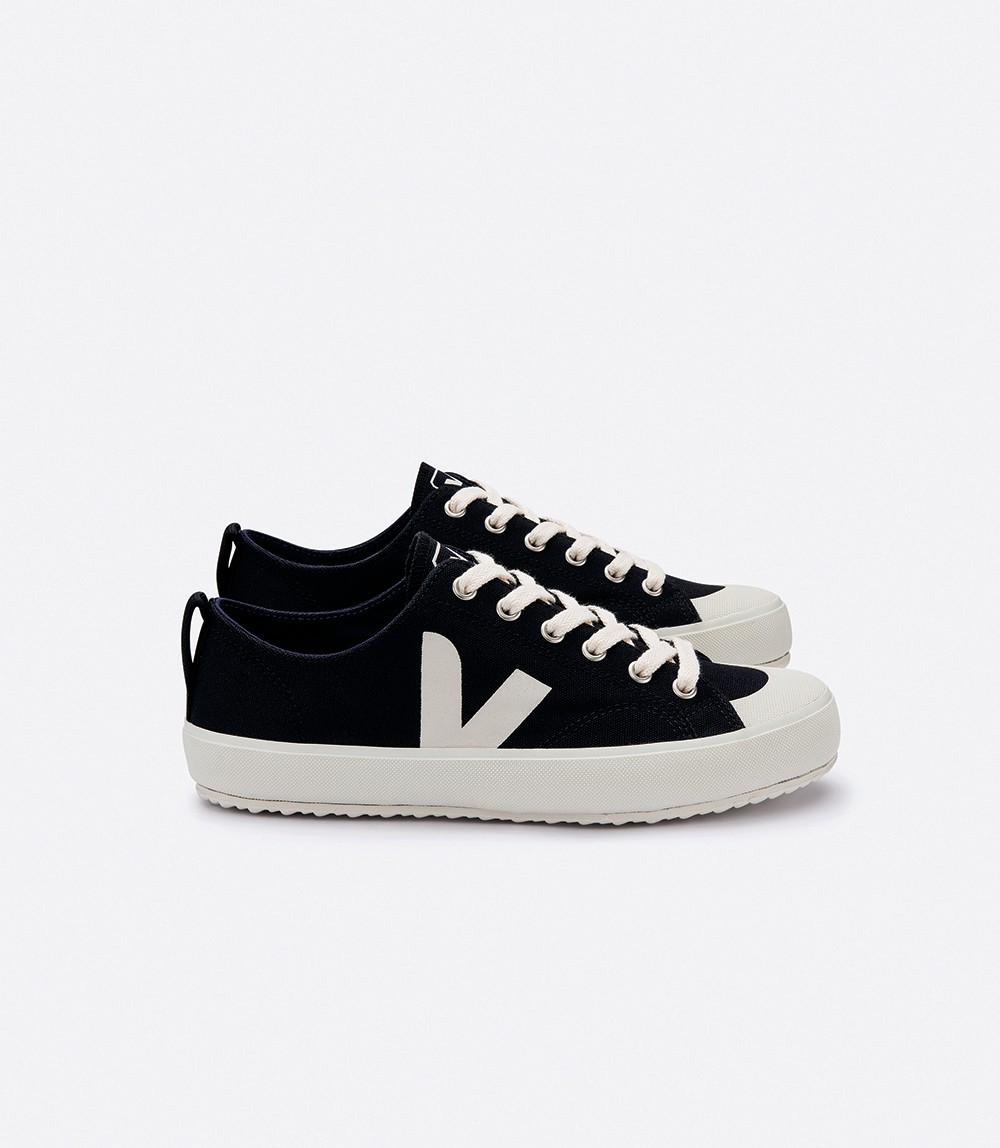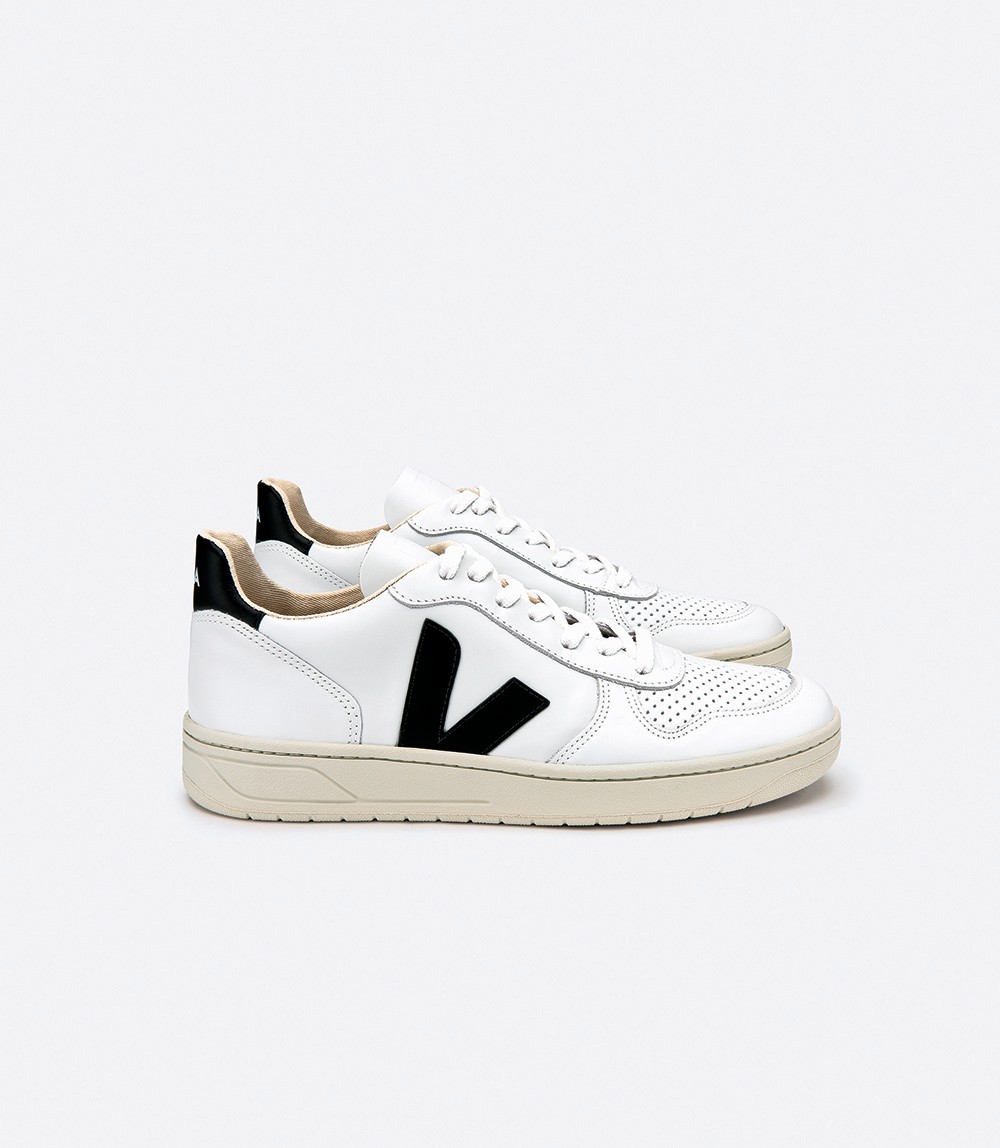“Look good, feel good”—it’s an aphorism often used to summarize how one’s appearance can make someone act empowered. But Paris-based sneaker company Veja proves that the phrase can possess an even deeper meaning.
Started in 2004, the outfit was built around an abiding devotion to treating everyone and everything in its supply chain and its distribution structure with care and respect. For instance, its sneakers use rubber harvested by respectably paid communities in the Amazon forest, where rubber trees grow naturally in the wild. And 53% of its running shoe model is made from natural or recycled products, such as rice waste, banana oil, sugar cane, and recycled plastic bottles collected in Brazil and made into a mesh. Each detail of every model is examined not just for how good it looks, but by the good it does for the world and the workers. “Veja is one step in high aesthetics,” says co-founder Sébastien Kopp, “one step in ecology and fair trade.” For the style- and justice-conscious set, both are movements in the right direction. And it has found celebrities ranging from Meghan Markle to Emma Watson to Eddie Redmayne to Reese Witherspoon wearing them.
In their early 20s, Kopp and his childhood friend François-Ghislain Morillion—both of whom are now 41—worked in investment banking. They soon abandoned the business and started an NGO. They traveled around the world—to almost 25 countries, Kopp estimates—to write reports for major French companies about how their supply chains affected local populations, and did or did not achieve the companies’ supposed fair-trade or environmental goals. “We were disappointed by what we saw,” Kopp says. “Most of the time, the environment, social justice, and economic justice were treated as out of the company’s business model.” They decided to take those values and put them at the core of a new company.
They chose sneakers. “It’s a very symbolic product,” Kopp says.



